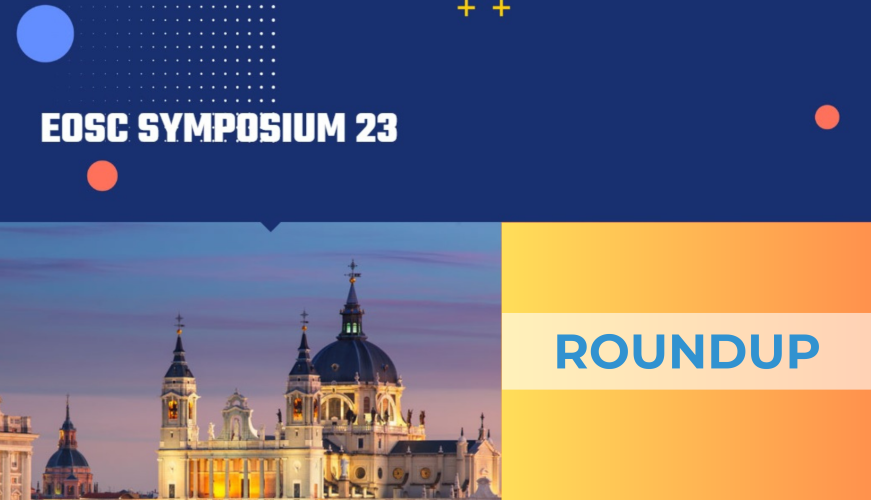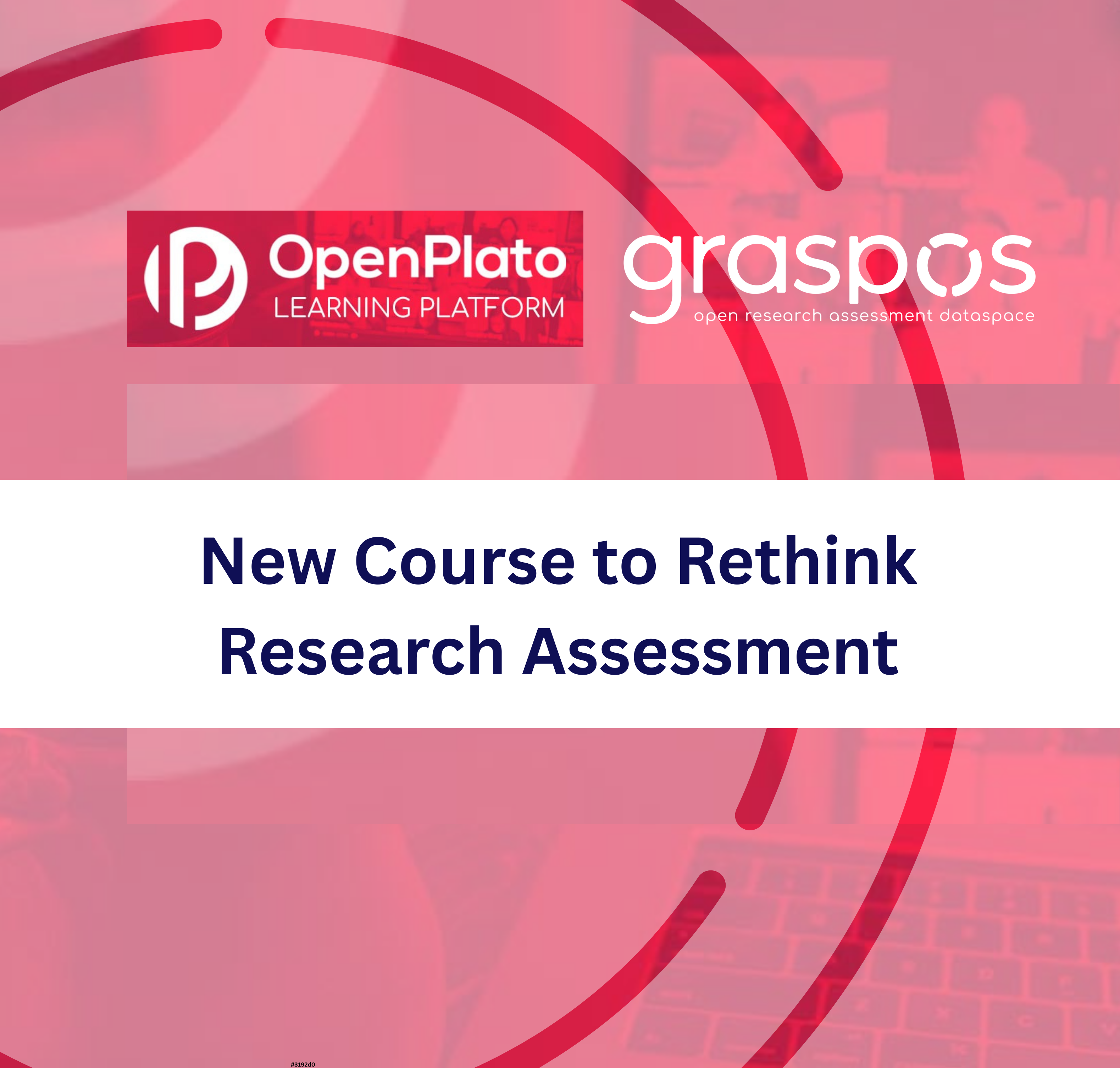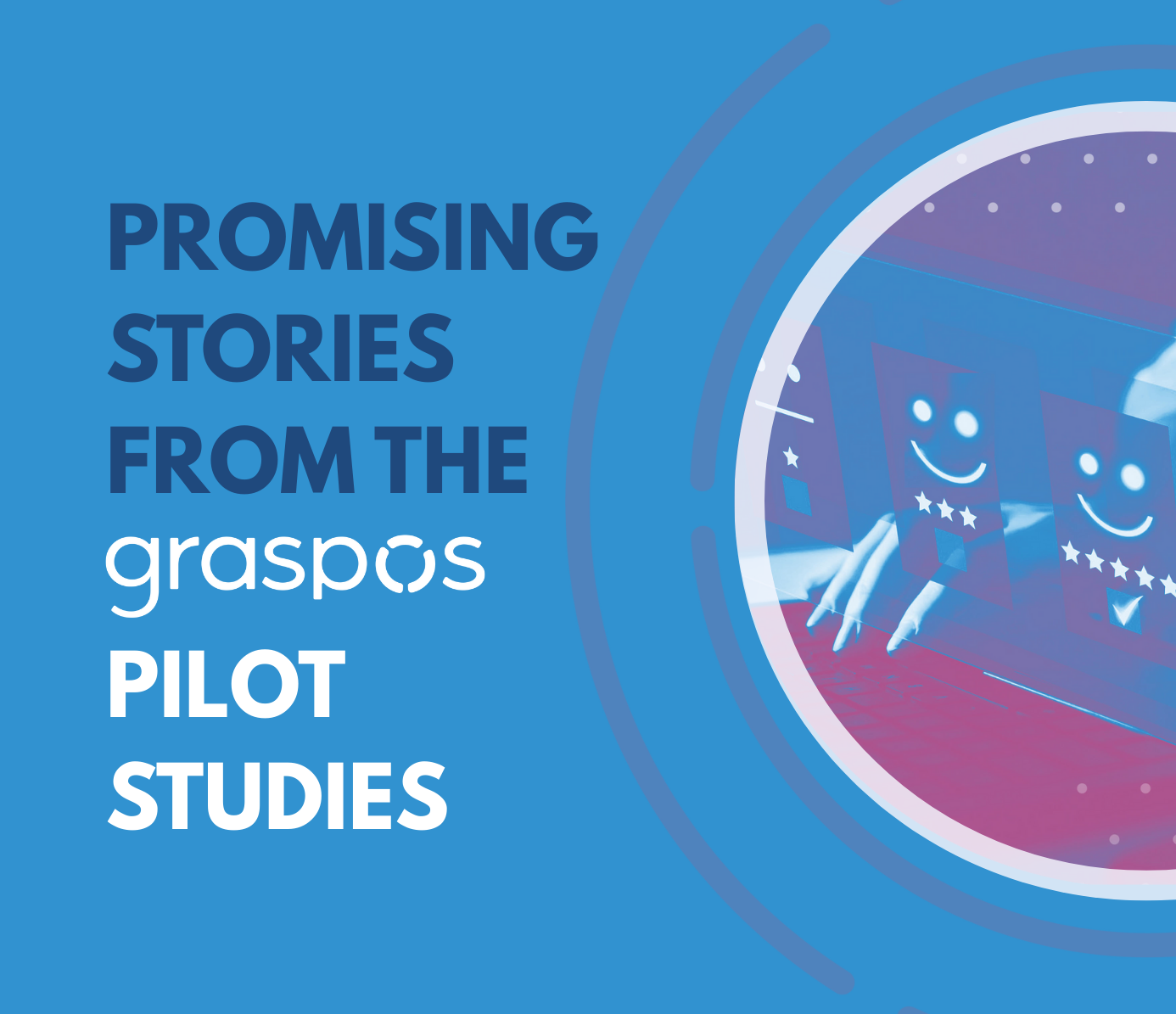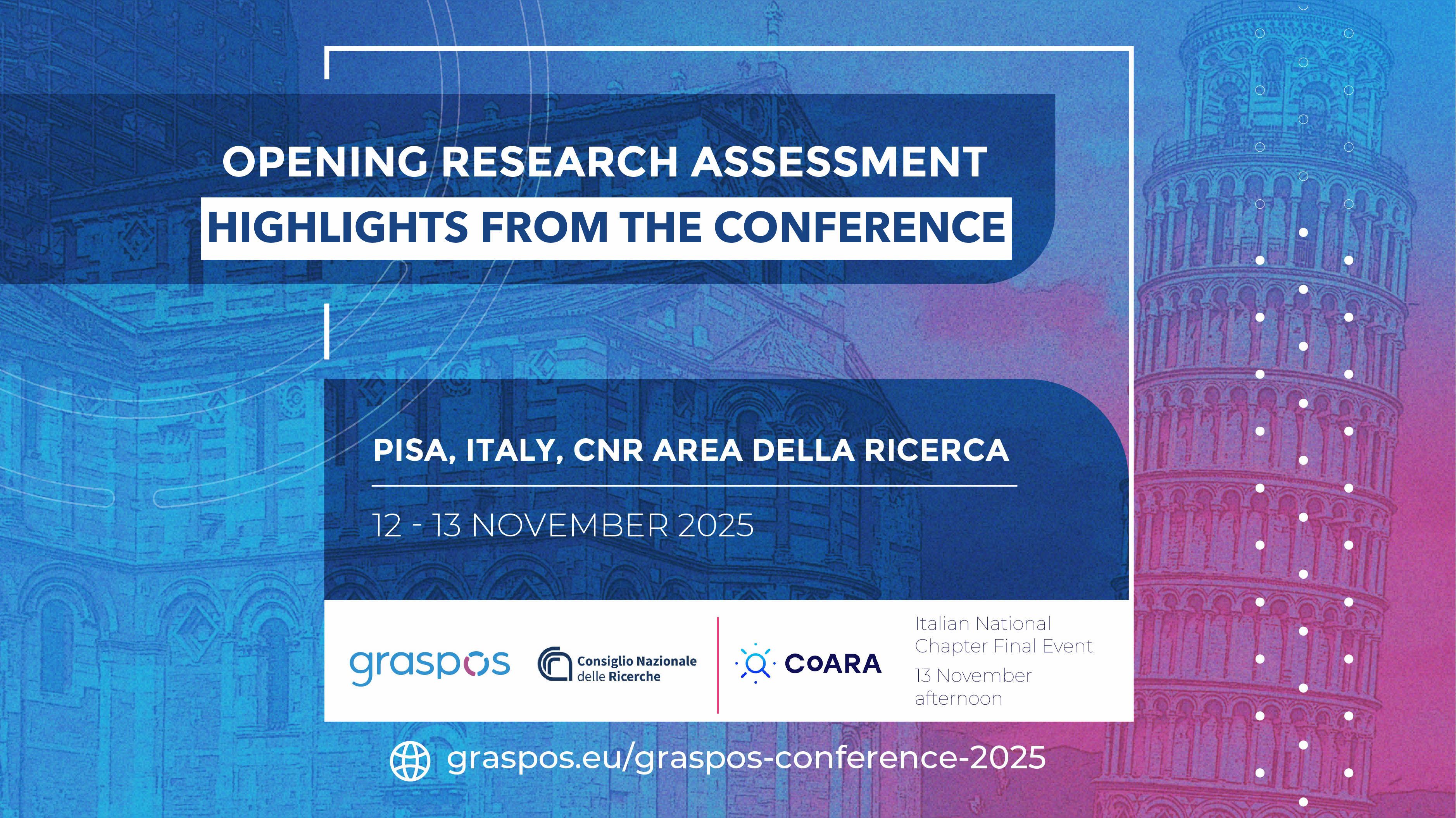Roundup from the EOSC Symposium 2023

This year, the EOSC Symposium took place in Madrid from 20-22 September under the Spanish Presidency of the Council of the European Union (EU). The event was organised by the EOSC Future project and the EOSC Tripartite Collaboration (EOSC Association, EOSC Steering Board and European Commission) and brought together stakeholders from ministries, policy makers, research organisations, service providers, research infrastructures and research communities driving the development and engagement with the European Open Science Cloud (EOSC).
If you were unable to attend this landmark event, we’ve summarised below the key takeaways, day-by-day.
20 september 2023
The first day of the Symposium highlighted past achievements and future orientations of the EOSC within the current Open Science and data landscape in Europe, in no less than 3 plenary sessions and 9 breakout sessions.
The first plenary session was opened by the General Director for Research Planning of the Spanish Ministry for Science and Innovation and featured keynote presentations on important topics such as Open Science principles applied to Research Infrastructures activities and Artificial Intelligence regulations in the EU.
"We need more resources to accelerate Open Science practices across borders and scientific disciplines”
- Michael Arentoft, Head of Unit, “Open Science and Research Infrastructures”, DG RTD
The achievements of the EOSC tripartite collaboration were highlighted in the session reuniting the European Commission (EC), the EOSC Steering Board and the EOSC Association. Emphasising the progress made in EOSC and in developing an operational EOSC ecosystem, the session revolved around the EC's contribution to EOSC, EU investments in EOSC, and the post-2027 reflection process, underlining the support for Open Science and data sharing as a key priority.
The session on the legacy of the EOSC Future Project brought to light the major contributions of the project in setting the foundations for the EOSC platform, underlining the importance of long-term commitment and engagement of the stakeholder communities to ensure the sustainability of the platform.
The afternoon sessions kicked off with the EOSC Partnership priorities for 2025-2027, including the presentation of the newly launched Macro-Roadmap for EOSC implementation which maps the input and results from 18 projects currently contributing to EOSC against the Strategic Research & Innovation Agenda (SRIA) Action Areas. The EOSC Multi-Annual Roadmap (MAR) 2025-2027 was also on the Agenda with the presentation of national and institutional policies for the next two-year period and the setting of European-level priorities.
The session on EOSC Core and Federation illustrated the current federated ecosystem supported by the EOSC Future project and introduced foreseen changes associated to the concept of the EOSC European node which will enable the federation of existing data, research and e-infrastructures nodes operating at institutional, national, regional, pan-European and thematic level.
The EU Missions are a novel approach to address major challenges with concrete solutions and impactful results by 2030 with the aim to transform Europe into a greener, healthier, more inclusive, and resilient continent, benefiting people across the region. Several projects funded under Horizon Europe showcased their work to support and improve how we tackle these challenges in the session on EOSC contributions to EU Missions.
The need for collective, long-term commitment towards the federated EOSC platform and therefore for joint focus and financing from the European Commission and Member States were highlighted in the session on Financial models for EOSC after 2027.
The EOSC Interoperability session looked into the challenges related to the technical interoperability of EOSC and provided examples of existing interoperability frameworks in thematic communities and EOSC projects involving research infrastructures. The discussion was furthered in the sessions on Cross-domain interoperability and Semantic interoperability for data and metadata.
Questions on the Governance of EOSC after 2027 were examined through the presentation of the current options on the table and their expected impact and contribution to the European research landscape.
To conclude the first day, the current state-of-the-art of the EOSC Marketplace and the mechanisms in place for onboarding resources were presented by the EOSC Future project. The panel discussion focused on lessons learnt from INFRAESOC_07 projects in providing services for the EOSC Marketplace.
21 september 2023
After an evening of networking on the terrace of El Jardín de Arzábal at the Reina Sofia Museum, participants reunited for the second day of the Symposium in which 9 breakout sessions, one plenary event and 7 unconferences introduced developments in EU and Member State missions, national monitoring tools and guidelines, in addition to Open Science ecosystems outside of Europe.
The first breakout sessions focused on Monitoring EOSC results and Open Science with the EOSC Observatory tool; EOSC implementation challenges related to Persistent Identifiers (PIDs); and Data Spaces through a presentation of Simpl, the smart middleware that will enable cloud-to-edge federations and support all major data initiatives funded by the EC, such as common European data spaces.
They were followed by a session on EOSC in the countries, presenting the direct impacts of the 25 national tripartite events organised across Europe by the EOSC Association in the past 18 months and showcasing the experiences from four national representatives from Greece, Croatia, Germany and Sweden. The parallel session on Data Sharing and Preservation introduced the EOSC Association’s Long Term Data Preservation Task Force (LTDP-TF) and sought the audience’s feedback on a set of the task force’s recommendations for optimal preservation outcomes.
The final breakout sessions revolved around the rapid evolutions of the European Data Landscape and the rise of innovative technologies such as AI and Digital Twins; EOSC contributions to Research Assessment through the emphasis put on openness, collaboration, and the integration of diverse research outputs, followed by a panel discussion in which GraspOS and OPUS projects showcased their work; and the role of Commercial providers in EOSC.
The afternoon plenary session on EOSC in a global setting gathered high-level stakeholders from countries outside the EU to discuss the uptake of Open Science practices and the development of research commons in Latin America, Canada, Australia and Japan.
A total of 7 unconferences were held in-person in the afternoon of the 21st September, covering a variety of topics from the EOSC Nodes to Sensitive data sharing; harmonised PID practices for protected data; data spaces for cultural heritage data; digital twins and the EOSC; leveraging global data communities in regional initiatives and cross-border infrastructures; and Public Authorities as an EOSC user group.
22 September 2023
On the last day of the EOSC Symposium, discussions focused on "taking EOSC into the Future".
Breakout sessions were held on aligning skills and training at European level with presentations from the SKills4EOSC project and the Data Stewardship Curricula and Career Paths Task Force; FAIR, Data Quality Management and Research Metrics Assessment; and a joint session was held on Data Spaces by the EOSC Association and the Data Spaces Support Centre which included a panel discussion on maximising the value of research data for data spaces.
The concluding session of the Symposium focused on the future of the EOSC Federation, featuring lightning talks from key stakeholders and a discussion in which panellists recalled the need for flexibility both in funding and governance, and the importance of bottom-up involvement, mirrored in the EOSC Association’s role as the voice of the community. The necessity to integrate research infrastructures into the EOSC framework was also emphasised along with the need for exchanges and collaborations, with active participation from the European Commission, member states, and the broader community.



